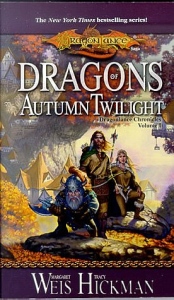Two-ish week

.
I haven't had much time, but I am about halfway through Edmund Morris' first volume,
Theodore Roosevelt. Compared to
Mornings on Horseback, it's more over-the-shoulder of Roosevelt and isn't always clear on the motivations on the other significant figures in his life. However, it's a relatively minor complaint--the writing is fantastic.
Only read a few more pages in
Nature's Metropolis--I'm pretty sure I'm not outside the first 100 pages yet. It had an interesting discussion that brought me back to an undergrad class on the various hypotheses and ideas city boosters had on what geographic features made a "natural" city and how cities should be organized.
On the plane, I had to bring something smaller, so I started reading
American Emperor by David Stewart, a biography of Aaron Burr that mostly focuses on his duel with Hamilton and then his attempted coup/invasion in the West and the consequences thereof. He's an intriguing figure, if somewhat reckless. My opinion of Thomas Jefferson has significantly declined for a number of reasons, not the least being his poor handling of the Burr situation and his seemingly naive incompetence in identifying trustworthy people (see Wilkinson). Oh, and that whole suspending
habeas corpus and acting like a dictator thing GW likes to rant about, seems like Jefferson is as guilty as the rest of them.

 .
.
